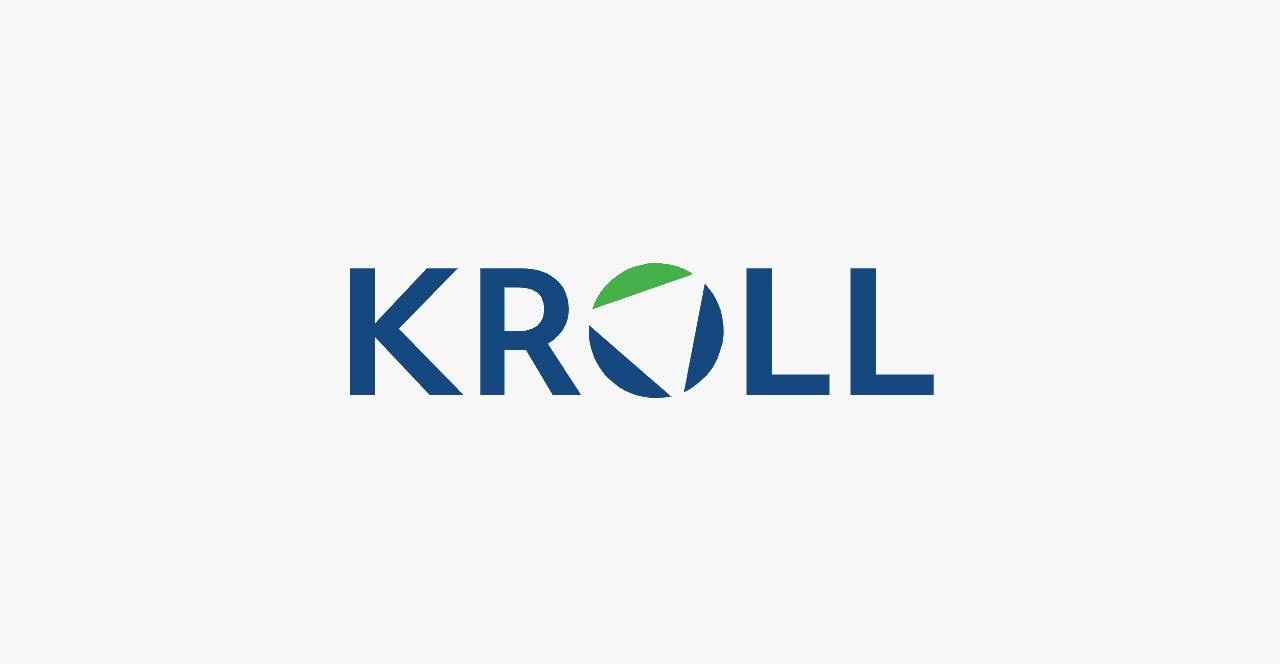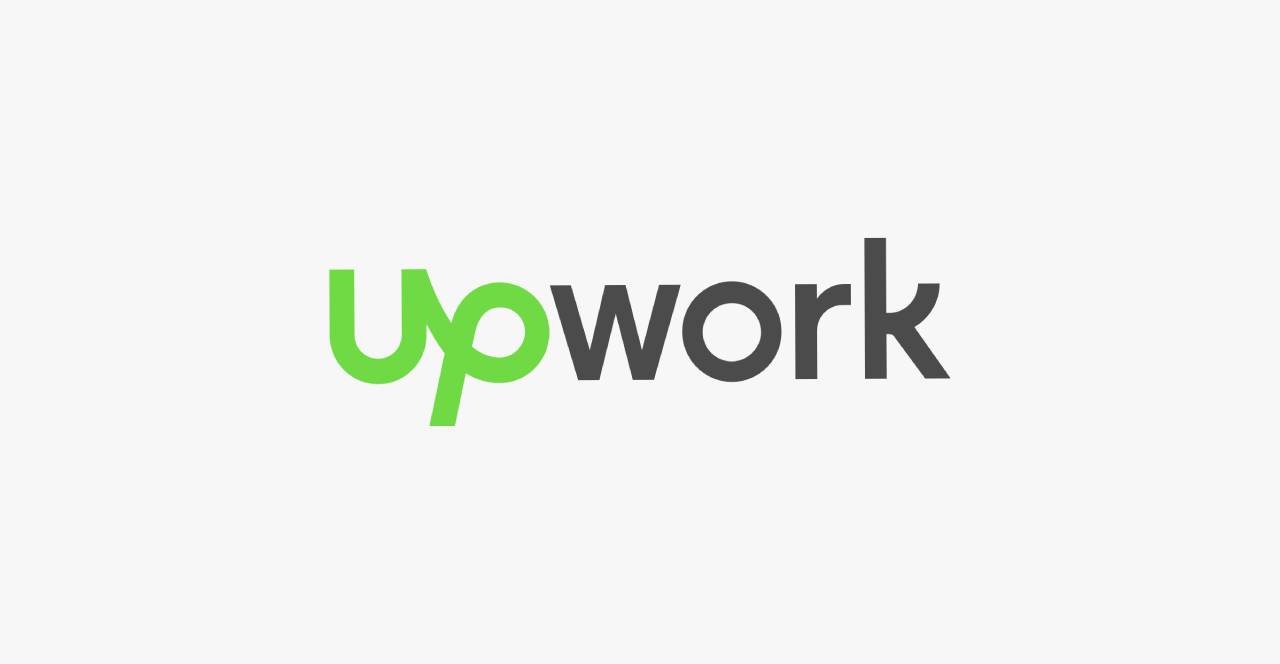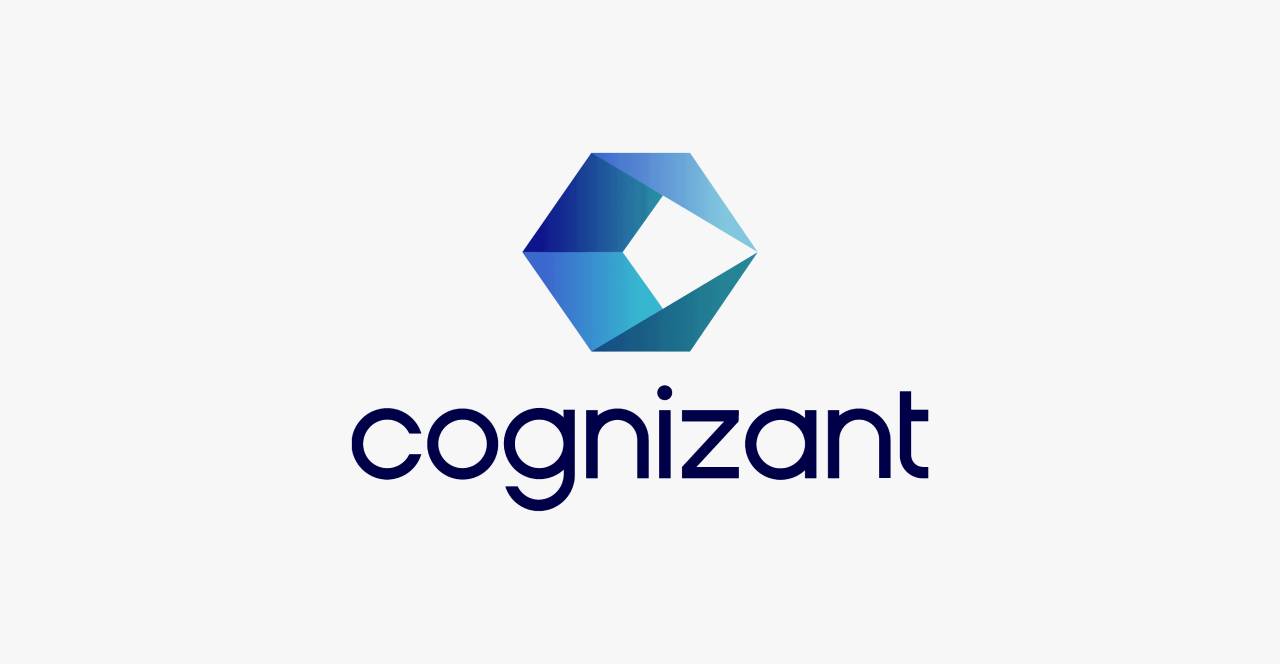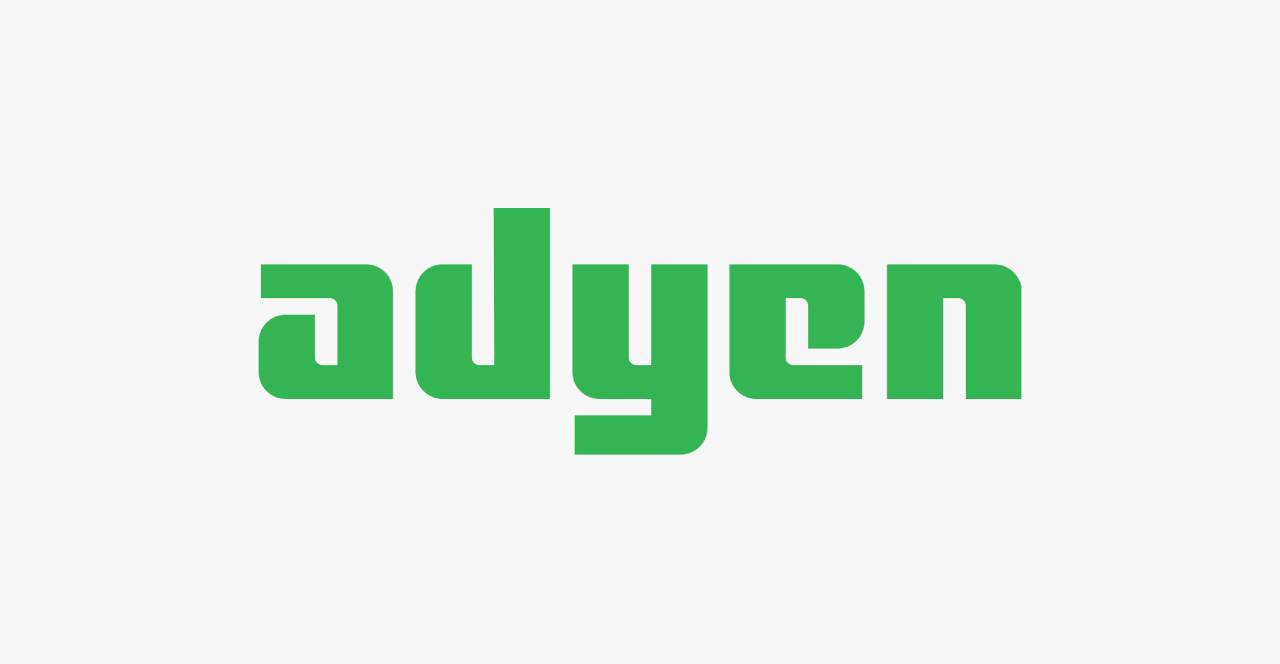
Uncovering Hidden Connections: Kroll’s Use of Government Registry Data to Revolutionize Corporate Investigations
Executive Summary
Kroll, a global leader in risk mitigation, investigations, compliance, and cyber resilience, successfully leveraged Zephira.ai’s comprehensive government registry data to revolutionize its due diligence and risk assessment capabilities. This case study examines how Kroll incorporated Zephira.ai’s data from official government registries across multiple jurisdictions to enhance fraud investigations, improve corporate intelligence operations, and develop more sophisticated compliance monitoring tools.
Background
Kroll, seeking to strengthen its investigative and risk assessment capabilities amid increasing global regulatory complexity, identified Zephira.ai as a strategic data partner due to its extensive collection of structured data from government registries worldwide. The collaboration aimed to address several challenges:
- Limited access to comprehensive cross-jurisdictional corporate information
- Inefficient manual collection of official government data
- Difficulties in identifying hidden corporate relationships
- Need for real-time monitoring of regulatory changes across multiple jurisdictions
Implementation
Phase 1: Enhanced Due Diligence Capability
Kroll initially focused on incorporating Zephira.ai’s government registry data into its due diligence operations. This involved:
- Developing an integrated search platform that could query multiple registry datasets simultaneously
- Creating automated relationship mapping tools to identify corporate connections
- Implementing alerts for changes in regulatory status or corporate structures
This integration allowed Kroll to reduce the time required for comprehensive background checks by 58% while expanding the scope of each investigation.
Phase 2: Fraud Investigation Enhancement
Building on the initial implementation, Kroll expanded its use of Zephira.ai data to strengthen fraud investigation capabilities:
- Using historical registry data to establish corporate timelines and identify suspicious patterns
- Cross-referencing official filings across jurisdictions to highlight discrepancies
- Developing automated red flag indicators based on registry anomalies
This expansion enabled Kroll’s investigators to uncover previously hidden corporate relationships and identify shell companies with unprecedented efficiency.
Phase 3: Continuous Monitoring Solution
The most sophisticated implementation came in the form of a continuous monitoring solution:
- Creating client-specific monitoring profiles based on risk exposure
- Implementing real-time alerts for changes in corporate structures, status, or regulatory filings
- Developing predictive risk models based on patterns identified in historical registry data
Kroll reported that this system helped clients identify potential risks on average 47 days earlier than traditional monitoring methods.
Key Use Cases
1. Cross-Border Fraud Investigation
When a multinational client suspected systematic fraud across its European operations, Kroll deployed Zephira.ai’s cross-jurisdictional registry data to map the corporate relationships of suspected entities. This revealed a complex network of shell companies across five countries, all connected to the same beneficial owners. The investigation, which would have taken months using traditional methods, was completed in three weeks.
2. Anti-Corruption Due Diligence
Kroll leveraged Zephira.ai’s government registry data to develop an enhanced anti-corruption due diligence process for clients operating in high-risk jurisdictions. By automatically identifying politically exposed persons (PEPs) through official corporate filings and government contracts, Kroll helped clients avoid potential Foreign Corrupt Practices Act (FCPA) violations in multiple instances.
3. Asset Tracing and Recovery
Using Zephira.ai’s comprehensive ownership data from government registries, Kroll successfully traced hidden assets in a major recovery operation for a financial institution. The investigation uncovered over $78 million in assets that had been transferred through a series of apparently unrelated entities across multiple jurisdictions.
4. Regulatory Compliance Monitoring
Kroll integrated Zephira.ai’s government registry data into a compliance monitoring system for financial sector clients. This system tracked changes in corporate structures, beneficial ownership, and regulatory status across global operations, allowing clients to stay ahead of evolving regulatory requirements in multiple jurisdictions.
Results and Benefits
The strategic implementation of Zephira.ai’s government registry data generated significant benefits for Kroll:
- 58% reduction in time required for comprehensive background checks
- 72% increase in identification of hidden corporate relationships
- 47-day average improvement in early risk detection
- 63% efficiency improvement in complex cross-border investigations
- Development of two new premium service offerings
- 35% increase in client retention for compliance services
Challenges and Solutions
Despite the overall success, Kroll encountered several challenges during implementation:
- Data quality variations: Significant differences in data quality and availability across jurisdictions required sophisticated validation protocols. Kroll developed a confidence scoring system to indicate the reliability of data from different sources.
- Integration complexity: Integrating the vast amount of registry data with Kroll’s existing investigative tools required substantial technical resources. Kroll addressed this by adopting a modular implementation approach and creating a dedicated data integration team.
- Analytical capacity: The sheer volume of available data created analytical challenges. Kroll invested in advanced analytics capabilities, including machine learning algorithms to identify patterns and anomalies automatically.
Conclusion
Kroll’s implementation of Zephira.ai’s government registry data demonstrates the transformative potential of structured official information for risk management and investigative operations. By leveraging comprehensive government registry data, Kroll significantly enhanced its ability to uncover hidden relationships, identify potential fraud, and monitor regulatory compliance across global markets.
For professional services firms like Kroll, the strategic use of comprehensive government registry data represents a significant competitive advantage, enabling more thorough investigations, more efficient due diligence, and more proactive risk management for clients navigating increasingly complex global regulatory environments.


